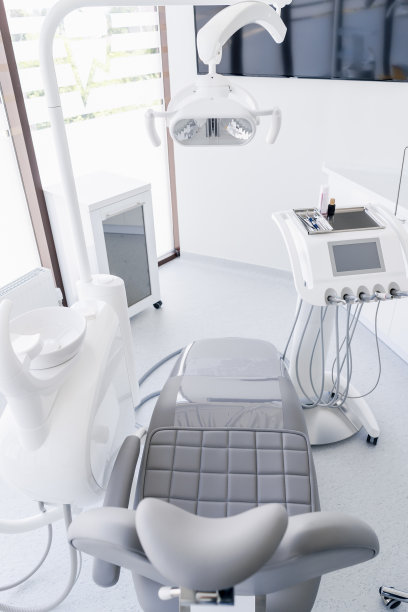Essential Guidelines and Precautions to Follow Before Undergoing Dental Fillings for Optimal Oral Health
Summary: Dental fillings are a common procedure for managing tooth decay, yet proper preparation ensures the best outcomes for oral health. This article outlines essential guidelines and precautions to take before undergoing dental fillings. Firstly, understanding the procedure helps alleviate anxiety and prepares patients for what to expect. Secondly, discussing medical history with your dentist ensures that the method chosen is safe and suitable for you. Thirdly, planning for the post-procedure care is vital for recovery and effectiveness. Finally, maintaining communication with your dental professional keeps your oral health in check. By following these guidelines, you can ensure a smooth and effective dental filling experience that promotes optimal oral health.
1. Understand the Dental Filling Procedure

Before undergoing dental fillings, its crucial to grasp what the procedure entails. Dental fillings are used primarily to restore teeth affected by cavities or decay. Familiarizing yourself with the types of materials used—such as amalgam, composite resin, or glass ionomer—can help you make informed choices regarding your dental care.
Next, understanding the steps of the filling process can significantly reduce anxiety. Typically, the dentist will numb the area around the affected tooth before drilling out the decay. Following this, the filling material will be placed, shaped, and polished for a smooth finish. Knowing these details can make patients feel more comfortable.
Finally, consider how many visits will be necessary. In most cases, fillings can be completed in one appointment, but more extensive procedures might require follow-up visits. Clarifying these specifics with your dentist beforehand can help you manage your time and expectations effectively.
2. Discuss Your Medical History
Before any dental procedure, patients should thoroughly discuss their medical history with their dentist. Informing your dentist about any allergies, medications, or pre-existing conditions is crucial as these factors can affect the choice of filling material and anesthesia used.
For instance, patients allergic to certain metals may need to avoid metal dental fillings. Additionally, individuals on specific medications may require special considerations to avoid complications during the procedure. Providing your dentist with complete and accurate information helps customize your treatment for optimum safety and effectiveness.
It’s also essential to mention any previous dental experiences, including anxiety or discomfort during past procedures. Your dentist can adopt a tailored approach, ensuring you feel more at ease during your filling appointment. This open communication can make a significant difference in your overall experience.
3. Plan for Aftercare Instructions
Post-procedure care is a vital component of successful dental fillings. After the procedure, your dentist will provide specific aftercare instructions to ensure optimal recovery. These guidelines typically include avoiding certain foods or drinks for a few hours to allow the filling to set properly.
Moreover, you should be informed about potential side effects, such as sensitivity to hot or cold temperatures after the filling. Understanding this can prepare you for what to expect and manage any discomfort accordingly. Keeping a lookout for unusual symptoms, such as prolonged pain or an adverse reaction, is equally important.
Additionally, maintaining proper oral hygiene following your filling is crucial. Continuing to brush and floss regularly, along with attending follow-up visits, can prolong the life of your fillings and keep your teeth and gums healthy. Being proactive after your appointment significantly impacts your overall oral health.
4. Stay in Communication with Your Dentist
Maintaining open communication with your dentist before and after the dental filling procedure is essential. This ongoing dialogue helps you address any lingering concerns, whether they arise before your appointment or after the procedure.
If you experience discomfort or notice anything unusual after the filling, dont hesitate to contact your dentist. They can provide guidance, reassurance, and solutions to any issues that may arise. A quick check-in can often clarify doubts and ease potential anxiety.
Additionally, regular dental check-ups are critical in monitoring the condition of your fillings and overall oral health. Your dentist will keep track of the overall effectiveness of the filling and ensure that no further decay develops around it. Together, staying proactive and communicative with your dental care professional contributes to long-lasting oral health.
Summary:
Understanding the dental filling procedure, discussing your medical history, planning for aftercare, and maintaining communication with your dentist are integral parts of preparing for dental fillings. By following these essential guidelines and precautions, you can enhance your dental experience and promote optimal oral health.
This article is compiled by Vickong Dental and the content is for reference only.



